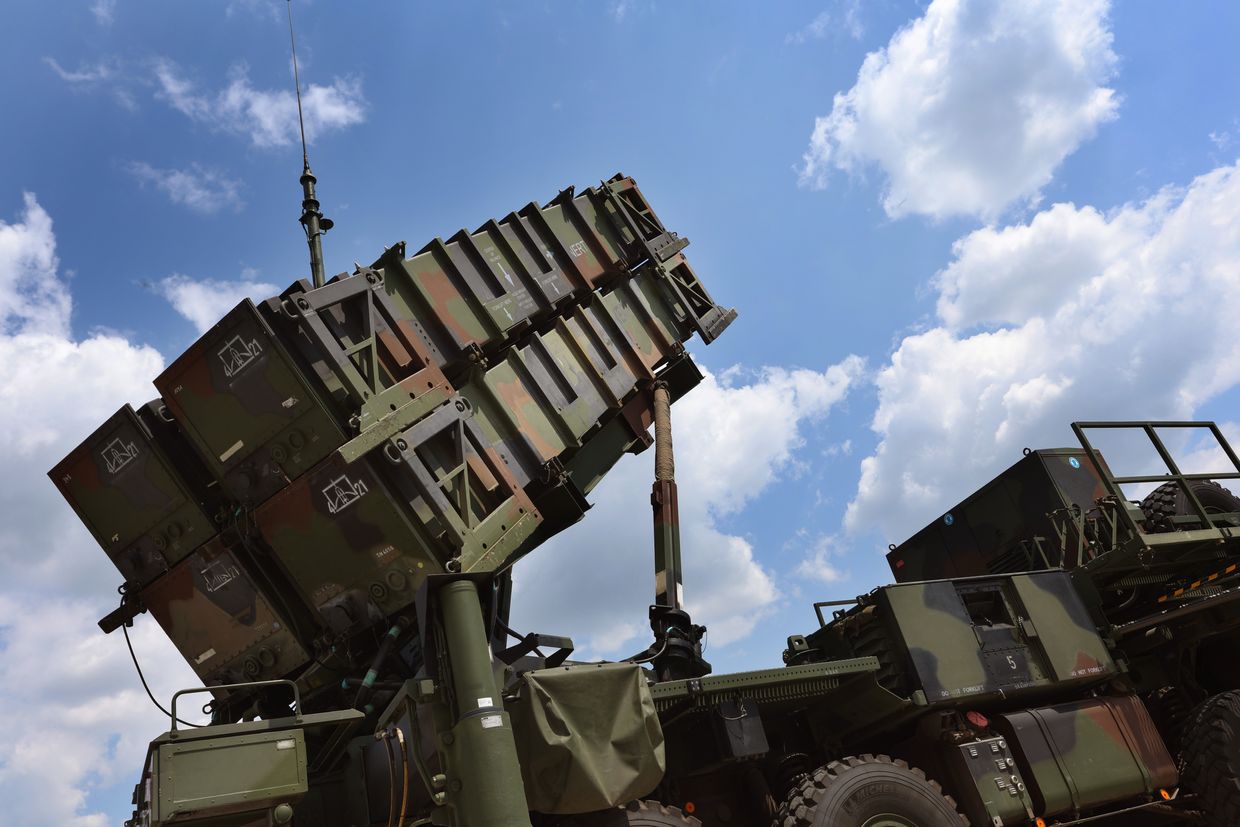Ukraine may receive up to 100,000 shells next month under Prague-led initiative, Czech official says

Ukraine may receive the first batch of 50,000 to 100,000 shells in June under the Prague-led initiative, Tomas Kopecny, the Czech envoy for Ukraine's reconstruction, said during a briefing on May 30, Radio Free Europe/Radio Liberty (RFE/RL) reported.
Czech President Petr Pavel said in February that Prague had identified 500,000 155 mm shells and 300,000 122 mm shells outside Europe that could be bought and sent to Ukraine after the necessary funds were allocated to the initiative.
Several countries, including the Czech Republic, Germany, Denmark, Portugal, Canada, and the Netherlands, have since contributed funds to the Czech initiative, which may result in the delivery of 1.5 million rounds to Kyiv, Czech Foreign Minister Jan Lipavsky said in late March.
To provide Ukraine with this number of shells this year, 1.7 billion euros ($1.8 billion) will be needed, the Czech official said. More than 1.6 billion euros ($1.7 million) have been allocated to the effort, Czech Prime Minister Petr Fiala said on May 28.

"The pace of supply depends on the availability (of shells) and funding. We can collect 1.5-2 million shells," Kopecny told journalists in Prague.
Russia is still outpacing the West in securing artillery supplies on international markets, the Czech government said, fearing that delayed payments to arms companies could result in millions of munitions being shipped to Moscow rather than Kyiv, the Financial Times reported.
"Russia is also hunting for shells. If we are faster, the shells go to Ukraine, and if we are slow, they go to Russia," Kopecny added.
Michal Strnad, the owner and chair of the arms producer Czechoslovak Group, told the FT that issues with quality and rising prices are slowing down the deliveries.
According to Strnad, 50% of the shells acquired by his company from Africa and Asia were in such a state that they could not be sent straight away to Ukraine without further work.
"Every week the price is going up and there are big issues with the components," Strnad said.
Pavel launched the initiative against the backdrop of Ukraine losing the key front-line city of Avdiivka in February amid a severe ammunition shortage.
Russia has since intensified aerial attacks on Ukrainian cities and launched a new offensive in Kharkiv Oblast, which has reportedly been halted by the first line of defense.














